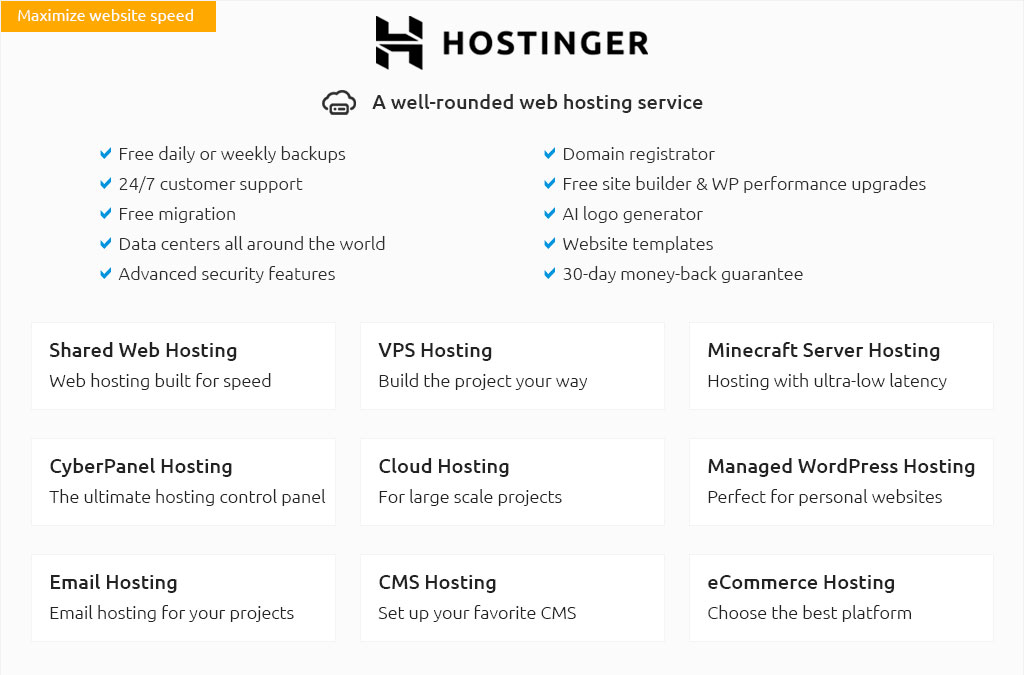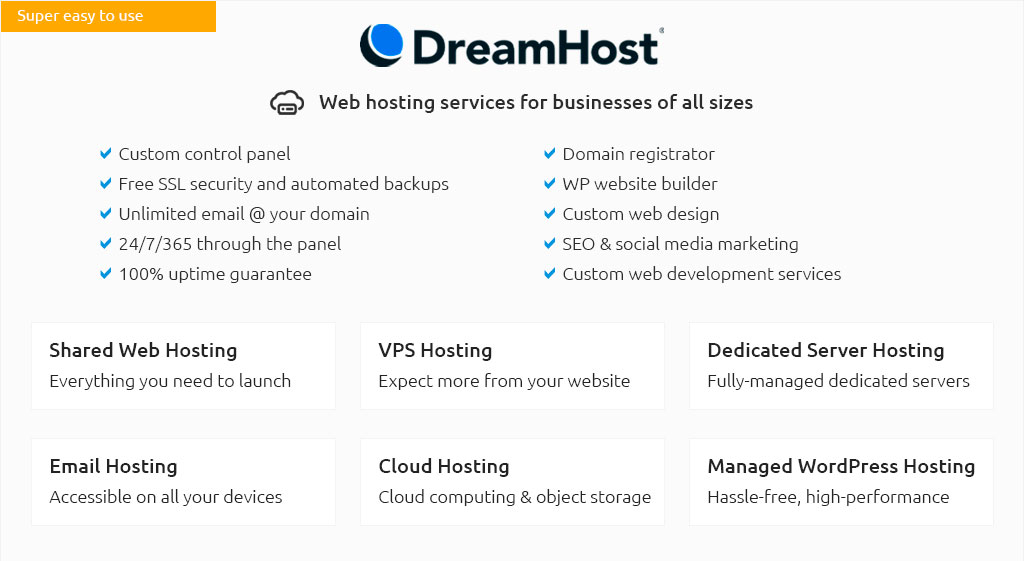 |
|||
 |
 |
 |
|
 |
|
 |
 |
 |
|||
 |
|||
 |
|||
 |
|||
 |
 |
Understanding the Intricacies of Dedicated Servers vs. Shared Servers: Common Mistakes to AvoidIn the ever-evolving landscape of web hosting, choosing between a dedicated server and a shared server can significantly impact your website's performance and security. Understanding the nuances of each option is crucial for making an informed decision. Here, we delve into the key differences and highlight common pitfalls to avoid, ensuring you select the most suitable hosting solution for your needs. Dedicated Servers: A Realm of Control and Performance Dedicated servers offer unparalleled control and customization, allowing users to harness the full power of an entire server. This option is ideal for businesses with high traffic volumes or those requiring enhanced security measures. However, a common mistake is underestimating the technical expertise needed to manage such a server effectively. Without proper knowledge, users may struggle with server configuration and maintenance, leading to suboptimal performance. Shared Servers: Cost-Effective but with Trade-offs On the other hand, shared servers host multiple websites on a single server, making them a cost-effective choice for smaller businesses or personal projects. The primary advantage is the lower cost; however, the trade-off comes in the form of limited resources and potential security vulnerabilities. A frequent oversight is neglecting to anticipate resource allocation issues, which can lead to slow load times during traffic spikes. Additionally, the shared nature of these servers may pose risks if one of the hosted sites experiences a security breach. Common Mistakes and How to Avoid Them
Conclusion The decision between a dedicated server and a shared server is not one-size-fits-all. Each has its advantages and disadvantages, making it imperative to assess your specific needs, technical expertise, and future growth plans. By avoiding common mistakes such as neglecting scalability or underestimating management requirements, you can select a server solution that not only meets your current demands but also paves the way for future success. As with any significant business decision, thorough research and consultation with experts can provide clarity and direction, ensuring that your choice aligns with your long-term objectives. https://www.bluehost.com/blog/shared-hosting-vs-dedicated-hosting/
Yes, dedicated hosting is generally faster than shared hosting due to the exclusive allocation of server resources. With dedicated hosting, you ... https://www.reddit.com/r/selfhosted/comments/154ihm9/dedicated_hosting_vs_shared_hosting/
You have a dedicated server where you set up your own PHP, etc., but it's a shared (virtual CPU) machine. This is what Microsoft, Amazon, ... https://www.domain.com/blog/shared-hosting-vs-dedicated-hosting/
Dedicated hosting environments offer better security for your website. Since you're not sharing the server with others, you minimize cyber ...
|